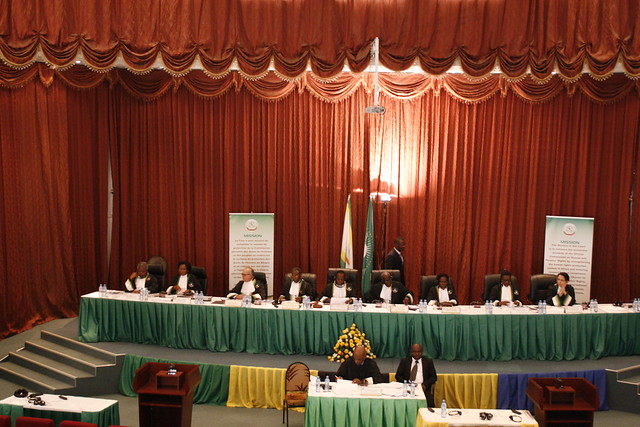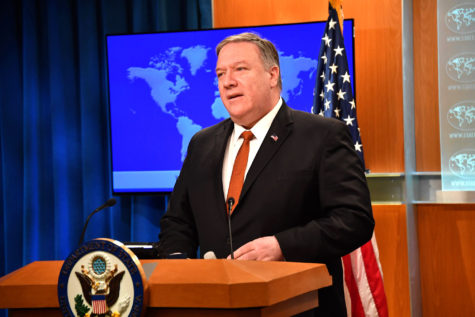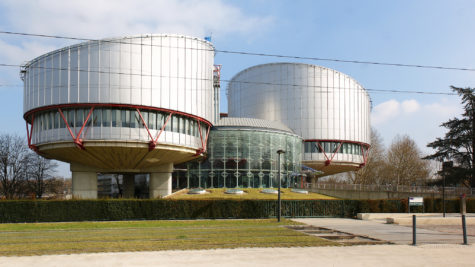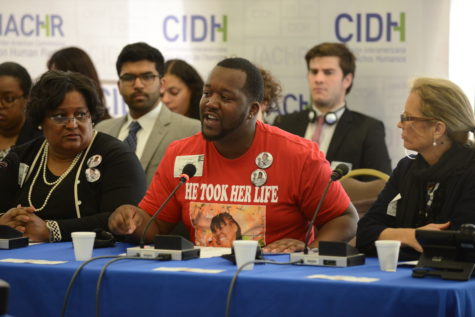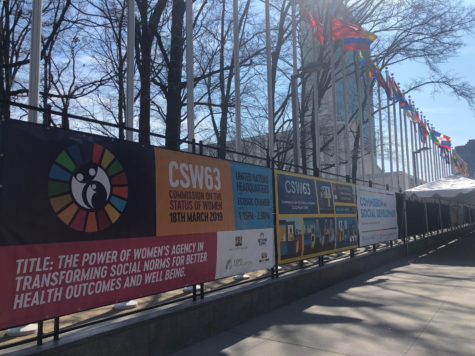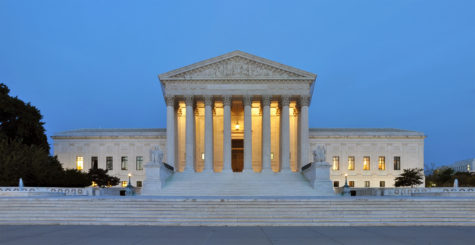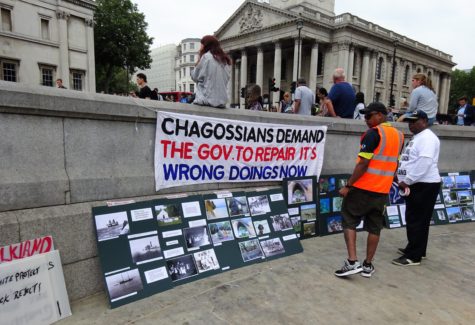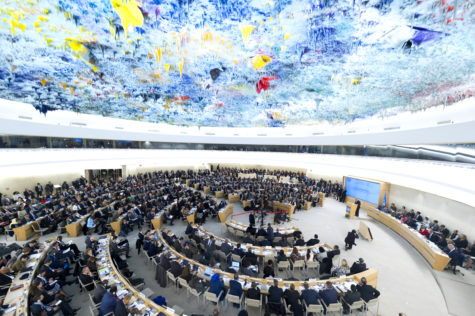The African Court on Human and Peoples’ Rights (AfCHPR) recently issued its judgment in the case of Lucien Ikili Rashidi v. Tanzania, finding the State violated a non-citizen’s rights when its agents detained him, subjected him to an anal search, and did not resolve his legal claims for seven years after he was arrested for not having his passport and
Read more